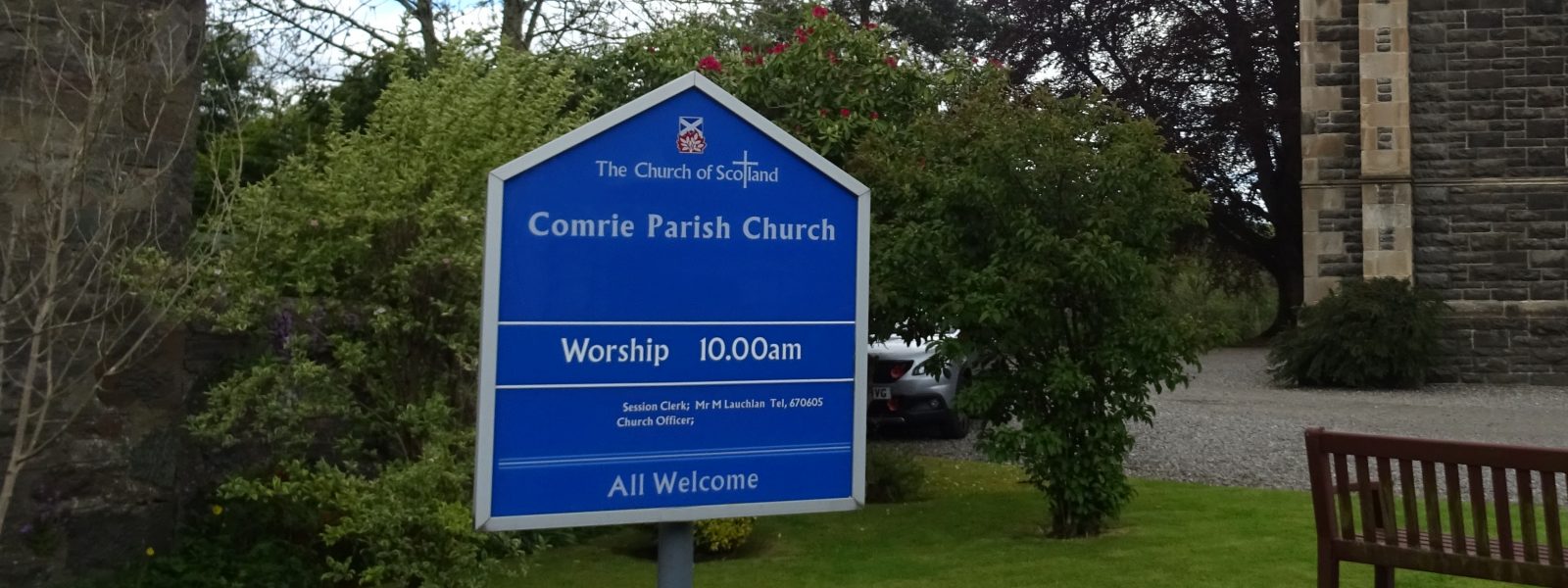Truth to Power
1 Samuel 12: 1 – 7
12 The Lord sent Nathan to David. When he came to him, he said, “There were two men in a certain town, one rich and the other poor. 2 The rich man had a very large number of sheep and cattle, 3 but the poor man had nothing except one little ewe lamb he had bought. He raised it, and it grew up with him and his children. It shared his food, drank from his cup and even slept in his arms. It was like a daughter to him.
4 “Now a traveller came to the rich man, but the rich man refrained from taking one of his own sheep or cattle to prepare a meal for the traveler who had come to him. Instead, he took the ewe lamb that belonged to the poor man and prepared it for the one who had come to him.”
5 David burned with anger against the man and said to Nathan, “As surely as the Lord lives, the man who did this must die! 6 He must pay for that lamb four times over, because he did such a thing and had no pity.”
7 Then Nathan said to David, “You are the man!
It is rarely, if ever easy, to speak truth to power. The powerful often do not want to hear the inconvenient truth and may well take exception to the person who dares to speak the truth (No I am not going to say anything about the amount of P45s that have been given out at 1600 Pennsylvania Avenue). Suffice it to say Nathan probably checked to make sure his affairs were in order prior to going to see David!
In a certain city two brothers controlled the criminal underworld. They may not personally be involved in every crime, but nothing happened without their say so, or if it did there would be a reckoning. They did not think twice about employing the most extreme violence to ensure their position was protected.
It came as a complete surprise then, when one of the brothers died. Not as might have been expected in a hail of bullets or a knife in the back, but peacefully in his own bed one night.
The other brother set about organising a huge funeral. He went to see the local Priest and asked him to take the service with the promise of a £5000 donation if he said his brother was a saint. The Priest not surprisingly refused.
The brother went round just about every denomination in the town promising higher and higher donations if only it was said “This man was a saint” at the funeral. By the time he got to the Minister of the small Presbyterian Church the “offer” was £30,000. The Minister immediately agreed to take the service.
His small church had never seen so many crammed in and loudspeakers were installed outside so all those that could not get in could hear the service and, the surviving brother knew, would also hear the departed described as a saint.
The Minister started the service in the usual way and eventually came to the Eulogy. Much to everyone’s surprise he did not pull his punches, pointing to the coffin he said “The man who lies here was a thief, a cheat, a man of no morality, a complete stranger to the truth, a man of violence, a killer no less, an adulterer who paid no respect to his wife or their children, a man who peddled drugs and who reigned by fear and intimidation”.
The congregation were silent as they listened thinking that at any moment the surviving brother would react, but no; safe in the knowledge that the Minister would describe his sibling as a saint, he sat there smiling quietly. The Minister continued “There can scarcely have been a less reputable man in this city, he was an evil, vile, man devoid of all scruples, humanity and worth as a human being” and then, fixing his eyes on the elder brother he continued “Yet and yet, as bad as he was compared to his brother this man was a saint”.
The truth, as the saying goes, will out in the end, and just as Nathan found speaking the truth even to power wins out in the end.
Prayer
Lord God, our loving Father in Heaven, you are the lover of truth and may we always speak truth to you, even when it hurts us, even when we would rather shy away from it. May we worship you in truth, admitting our faults and asking for your help in repairing them.
In your Mercy hear our prayer,
Amen

